Aging, Physical Activity, and the Body
Moving with Menopause: The impact of menopausal symptoms on experiences of physical activity
The purpose of this project is to understand, from the perspective of people experiencing menopause, how and why specific menopausal symptoms impact their experiences of physical activity, and how people currently (attempt to) manage their menopausal symptoms within physical activity settings.
This research is funded by the UBC School of Kinesiology Research Accelerator Fund.
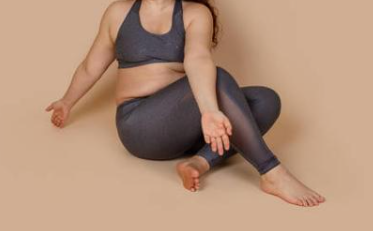
Queering later life physical activity: Emotions, queer identity, and the psychological adaptation to age-related body changes
In this project, we are examining the role of emotions in shaping how members of 2SLGTBQIA+ communities perceive and experience their aging bodies and physical activity. The goal of this work is to shed light on experiences of queer identities, how they shape and constrain the emotions experienced in relation to the body as one grows older, and the impact of these experiences on physical activity participation in later life. The findings will inform the development of resources for physical activity stakeholders in how to promote positive body image and inclusive physical activity programming that takes into account the experiences of older queer adults.
This research is funded by a Social Sciences and Humanities Research Council of Canada (SSHRC) Insight Development Grant.
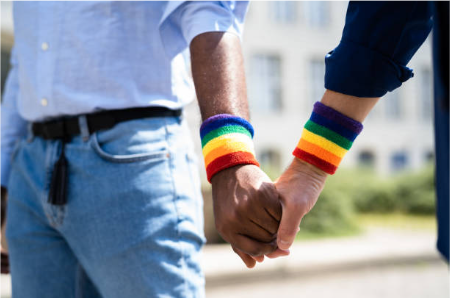
Older queer women’s body image: Examining the role of physical activity in shaping aging body-related psychological adaptation
In this project, we are examining how older queer women have experienced physical activity throughout the course of their lives, and how these experiences have and continue to shape their body image as they grow older.
This research is funded by a UBC Hampton New Faculty Grant.
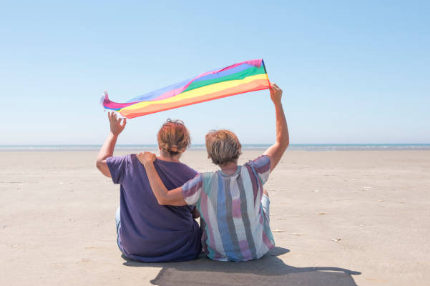
Athlete Stress, Emotions, and Coping
Exploring psychological well-being and adaptation processes in Paralympic and Olympic athletes: A critical study of privilege and marginalization in the age of COVID-19
In this project, we are interested in learning about the role that privilege and marginalization in relation intersecting social identities (disability, gender identity, sexual orientation, race, socioeconomic status) play in shaping how elite athletes cope with and adapt to stressor events throughout their athletic careers, and the impact on their psychological wellbeing over time.
This research is funded by a Social Sciences and Humanities Research Council of Canada (SSHRC) Insight Grant.
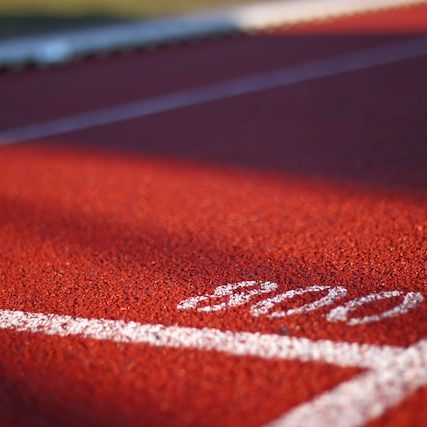
Covid-19 and the postponement of the 2020 Tokyo Games: Coping, adaptation, and psychological wellbeing in Olympic and Paralympic hopefuls
In this project, we examined how Olympic and Paralympic hopefuls who were planning on competing in the Tokyo 2020 Games coped with and adapted to the postponement of the Tokyo Games. We interviewed athletes at two time points to examine their coping, adaptation, and wellbeing over time leading up to the reschedule Tokyo Games that took place in 2021.
This research is funded by a UBC Faculty of Education SSHRC Explore Grant and School of Kinesiology Research Accelerator Fund.
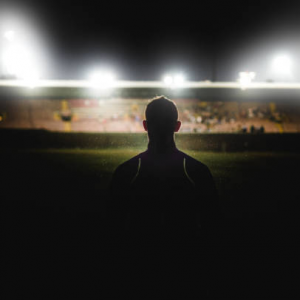
Physical Activity and Inclusion
Physical Activity Barriers and Facilitators to UBC Sexual and Gender Minority Students
In this study, we are examining how UBC Sexual and Gender Minority Students experience physical activity on campus, with a focus on illuminating the role of intersecting identities in shaping previous experiences with and current preferences for physical activity participation and engagement.
This research is funded by a UBC Faculty of Education Student EDID Funding Grant awarded to Ben Hives and Naomi Maldonado-Rodriguez as co-leads, with Erica Bennett and Eli Puterman as faculty mentors.
